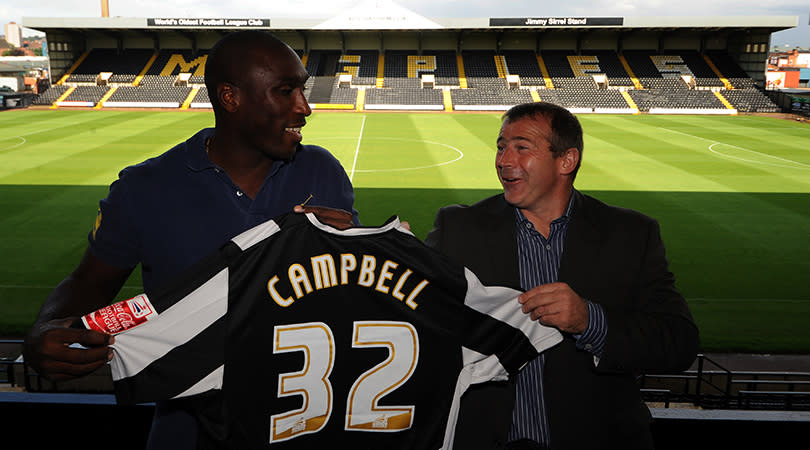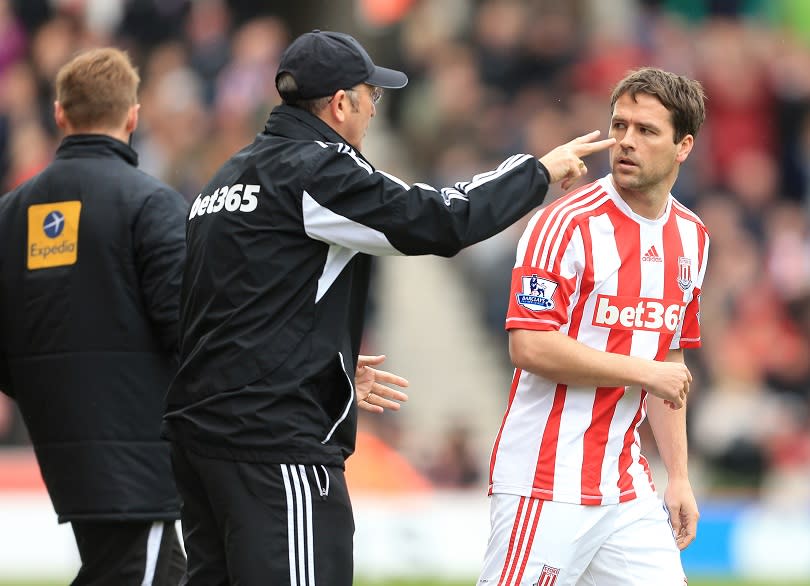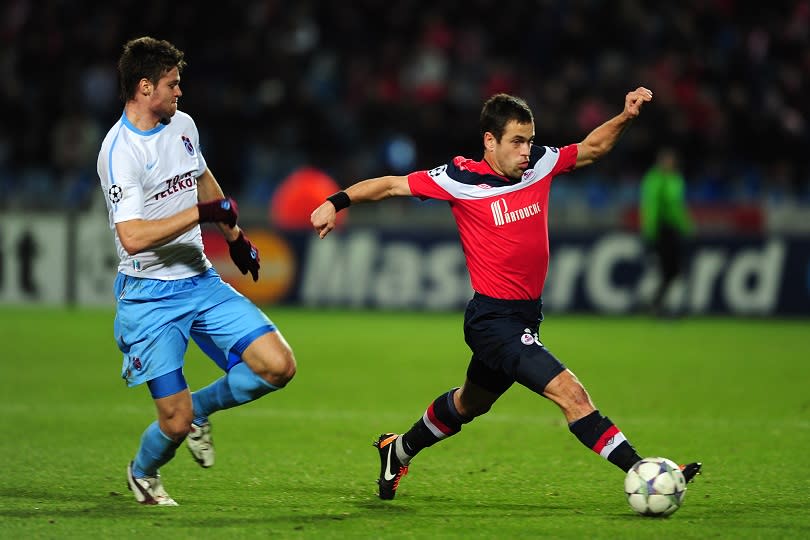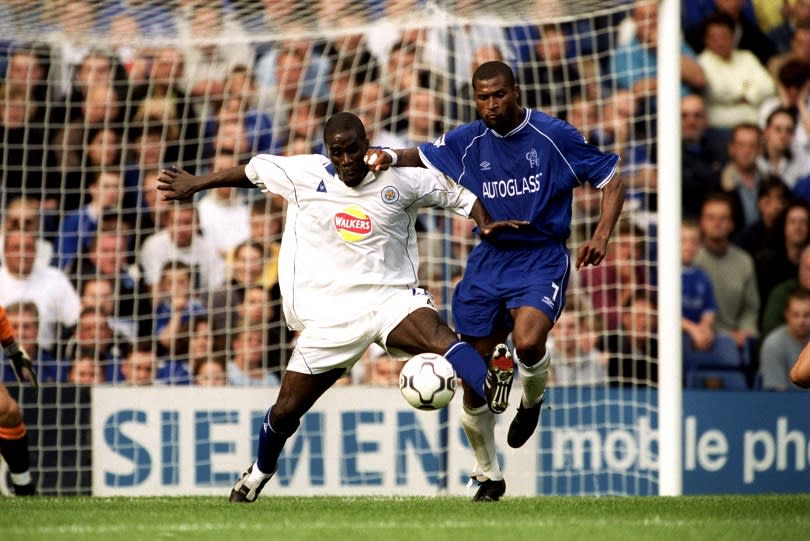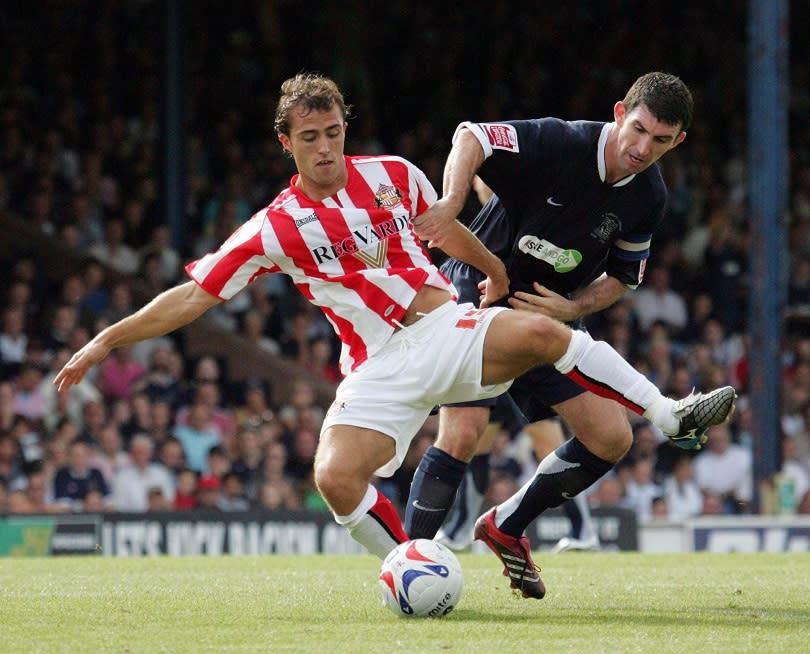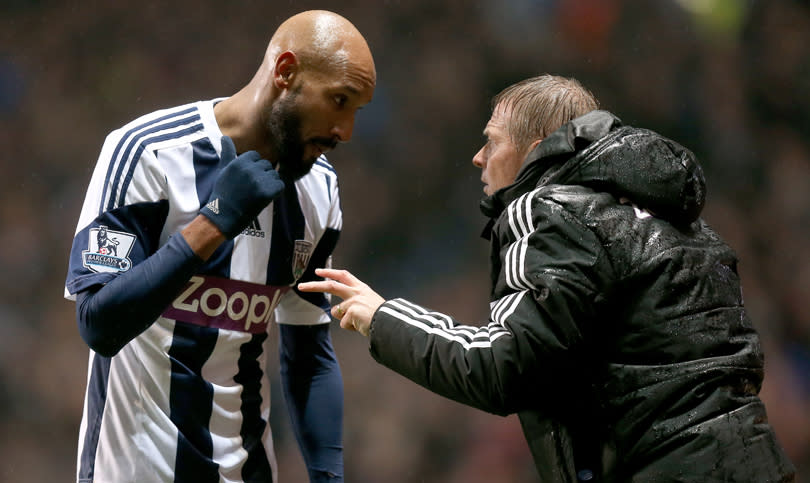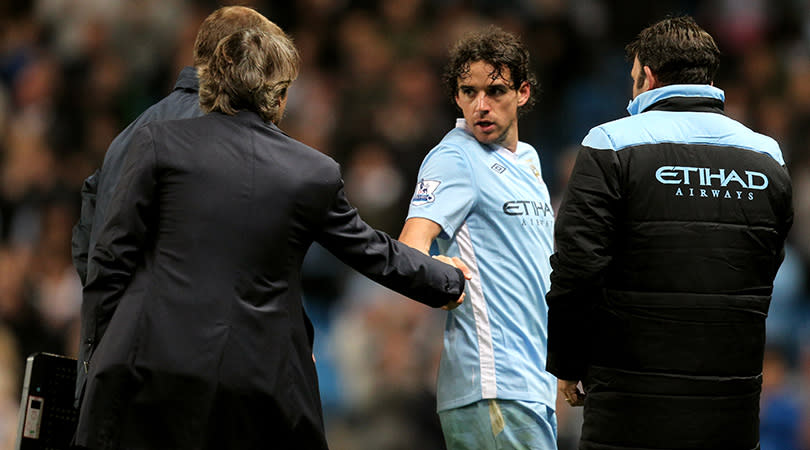12 terrible free transfers that didnt live up to their billing
Winston Bogarde (Barcelona to Chelsea, 2000)
Having previously represented Ajax, Milan and Barcelona, as well as pulling on a Holland shirt 20 times, Bogarde's free transfer to Chelsea initially had Blues excited.
A change in management at Stamford Bridge altered everything, though: the defender was brought in by Gianluca Vialli but utterly unfancied by his compatriot and successor Claudio Ranieri, who found no room in his plans for the Dutchman. Bogarde played only nine top-flight games – despite earning £40,000 per week – but stayed put for four years as Chelsea refused to budge on his wages when other clubs were interested in taking him on loan.
Mark Bosnich (Manchester United to Chelsea, 2001)
Despite later being labelled a “terrible professional” by Sir Alex Ferguson, Bosnich was re-signed by Manchester United in 1999, eight seasons after he’d left the Red Devils for Aston Villa. The arrival of Fabien Barthez led to the Australian's departure in 2001, though; Chelsea offered him an 18-month deal with a view to him challenging Carlo Cudicini for the No.1 jersey at Stamford Bridge.
But after only 11 appearances in all competitions, the then-30-year-old was sacked by the west Londoners for failing a drugs test in 2002. Bosnich maintained his innocence and said his drink had been spiked by a known cocaine user in a London nightclub.
"I was incredulous, shocked," he later recalled to FourFourTwo. "It was a terrible time... I had my suspicions about how it had all happened, but I just let it go. My reaction was: if you think this is who I am, then I will be that person."
Arnau Riera (Barcelona to Sunderland, 2006)
It’s not often that Sunderland sign players directly from Barcelona, so it was entirely understandable that Black Cats fans celebrated the addition of Riera – Lionel Messi’s captain in the Catalans’ B side, no less.
Ian Rush (Liverpool to Leeds, 1996)
After his second spell at Liverpool came to an end in the summer of 1996, Rush was snapped up by a Leeds side that'd just finished 13th in the Premier League.
The Welshman, then 34, was nowhere near as prolific as he’d been in his heyday, but Whites fans were still confident that his deadly instincts remained intact. They weren't: Rush just three goals in 43 appearances before moving to Newcastle at the end of the campaign.
“We really like the look of him,” manager Niall Quinn said at the time. “He's a creative player but he also likes a tackle. He has fantastic lungs, and he's the type of player you need to be to come to Sunderland. He ticks all the boxes."
Despite all those qualities, Riera featured only twice for Sunderland and was eventually released in 2009 after underwhelming loan spells at Southend and Falkirk.
Joe Cole (Chelsea to Liverpool, 2010)
It’s fair to say Steven Gerrard didn't help.
“Messi can do some amazing things, but anything he can do Joe can do as well, if not better,” the Liverpool captain remarked after the ex-Chelsea schemer penned a four-year deal worth around £90k per week with the Reds in 2010. “I really fancy Joe for the [Player of the Year] award this season.”
In fairness to Gerrard, he was hardly alone in predicting great things for Cole on Merseyside. But the England international never really recovered from being sent off on his league debut – there would be just nine Premier League starts in 2010/11, with niggly injuries partly to blame – and was shipped off on loan to Lille just 13 months after arriving.
Jose Bosingwa (Chelsea to QPR, 2012)
A truly disastrous free transfer, Bosingwa pitched up at Loftus Road to great fanfare in August 2012, having won the Champions League with Chelsea just three months earlier.
A goal on his second appearance for Rangers hinted at positive things to come, but it soon became clear that the Portuguese wasn’t the ideal man to have around in a relegation dogfight: the right-back refused to sit on the bench during December’s derby with Fulham (fined two weeks wages: a cool £130k), while he later infuriated supporters by being pictured laughing after a goalless draw with Reading confirmed QPR’s relegation in April.
Michael Owen (Manchester United to Stoke, 2012)
Owen joined Stoke after leaving Old Trafford in 2012, with regular first-team football presumably high up on his list of priorities. A hamstring injury sustained early on in his stint at the Britannia Stadium proved a frustrating setback, however, and Owen struggled to displace Peter Crouch in Tony Pulis’s line-up thereafter.
The former Liverpool goal-getter didn’t start a single Premier League match for the Potters, with eight of his nine appearances in all competitions coming as a substitute. Owen scored just once in that time and thought it best to hang up his boots in summer 2013.
Robert Pires (Villarreal to Aston Villa, 2010)
Former Arsenal wide man Pires returned to English football four years after leaving north London, with Aston Villa handing him up a six-month deal in November 2010.
The 37-year-old World Cup winner was considerably past his best by then, though, and sure enough failed to make much of an impression in any of his nine Premier League games for Gerard Houllier’s outfit.
Nicolas Anelka (Shanghai Shenhua to West Brom, 2013)
Following spells at Arsenal, Liverpool, Manchester City, Bolton and Chelsea, Anelka made West Brom his sixth Premier League employers after leaving Shanghai Shenhua in 2013.
Controversy had followed the Frenchman around throughout his career, and Anelka would soon demonstrate that he hadn’t chosen a quieter life at the age of 34: the striker celebrated a goal against West Ham by performing the quenelle gesture, a salute which has links to anti-Semitism in France.
Banned and fined by the FA, Anelka never played for the Baggies again.
Victor Valdes (Barcelona to Manchester United, 2015)
A torn anterior cruciate ligament brought Valdes’s Barcelona career to a premature end in 2014, with the goalkeeper having already announced that he wouldn’t be extending his contract at the Camp Nou beyond that summer.
After a period training with the club, Manchester United offered the free agent a contract in January 2015. The Spaniard was only ever going to be a backup to compatriot David de Gea, but he was effectively banished from Old Trafford just six months later after supposedly refusing to play in a reserve match. The summer 2015 arrival of Sergio Romero probably didn't help either.
Owen Hargreaves (Manchester United to Manchester City, 2011)
Four Bundesliga titles with Bayern Munich, a Premier League winner's medal with Manchester United and a Champions League with both clubs: Hargreaves's pedigree was unquestionable.
In summer 2011, he left United after his contract expired but 'proved' his fitness with a series of YouTube videos; enough, it seems, to convince rivals City that they should hand the England international a year's contract. As things turned out, it was a good time to swap red for blue - City went on to win their first top-flight title in 44 years.
Sadly for Hargreaves, he only played in one match in the Premier League – not enough to get himself a winner's medal.
Sol Campbell (Portsmouth to Notts County, 2009)
Former Spurs and Arsenal centre-back Campbell joined League Two side Notts County on an eye-watering five-year contract after his contract at Portsmouth expired. The Magpies had just been taken over by a billionaire consortium based in the Middle East who'd appointed former England manager Sven-Goran Eriksson as Director of Football, and had ambitions of taking County to the Premier League.
The great and good of football were linked with a move to Meadow Lane; Pavel Nedved, Christian Vieri, Patrick Vieira and even David Beckham. It all seemed too good to be true and, sadly for Magpies supporters, it absolutely was. Just days after being smuggled into Meadow Lane with a coat over his head, Campbell was gone, muttering about broken promises.
He played in one match for the Magpies: a 2-1 defeat to Morecambe.


